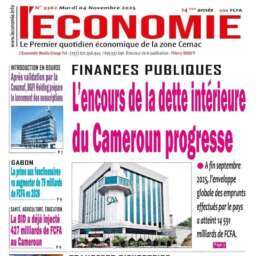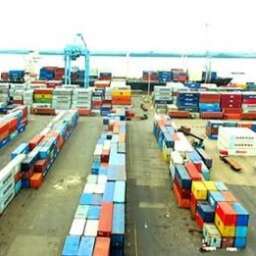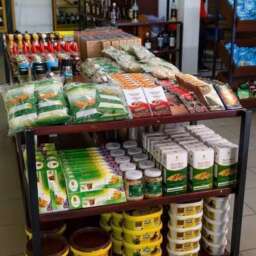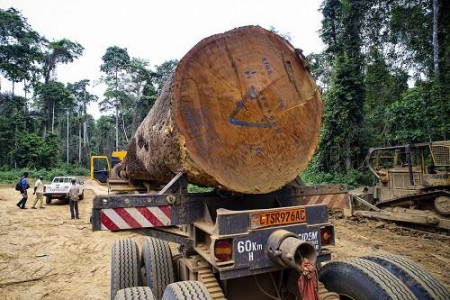(Business in Cameroon) – The Cameroonian forestry sector experienced moderate growth of 3.3% in the first quarter of 2024 compared to the previous year. This data, released on August 29, 2024, by the National Institute of Statistics (INS), indicates a significant slowdown from the previous quarter.
The report reveals that the sector had a revised growth rate of 11.8% in the fourth quarter of 2023 (adjusted from 12.2% in the May 7, 2024 report), marking a sharp decrease of 8.5% in just three months. It doesn’t specify why the sector has slowed down. However, this dip comes at a time when the Cameroonian government is tightening export conditions for forestry products. As part of a gradual ban on the export of raw logs, set to be implemented by CEMAC countries and the DRC starting in 2025, with a full ban by 2028, Cameroon has been increasing export taxes on raw and minimally processed wood for nearly a decade.
Between 2017 and 2023, for instance, the government raised the export tax on logs from 17.5% to 60%. This series of hikes, reflected in various finance laws, amounts to a 343% increase in export taxes over six years. The 2024 finance law further raised this export duty from 60% to 75% of the FOB value of logs. The tax on sawn wood, which is the first stage of processing, increased by 165% between 2016 and 2023, according to industry sources.
The government says these measures aim to encourage more advanced wood processing within the country. However, this requires new investments, and securing funding remains a challenge, despite the government’s tax exemptions on equipment for further processing.

































